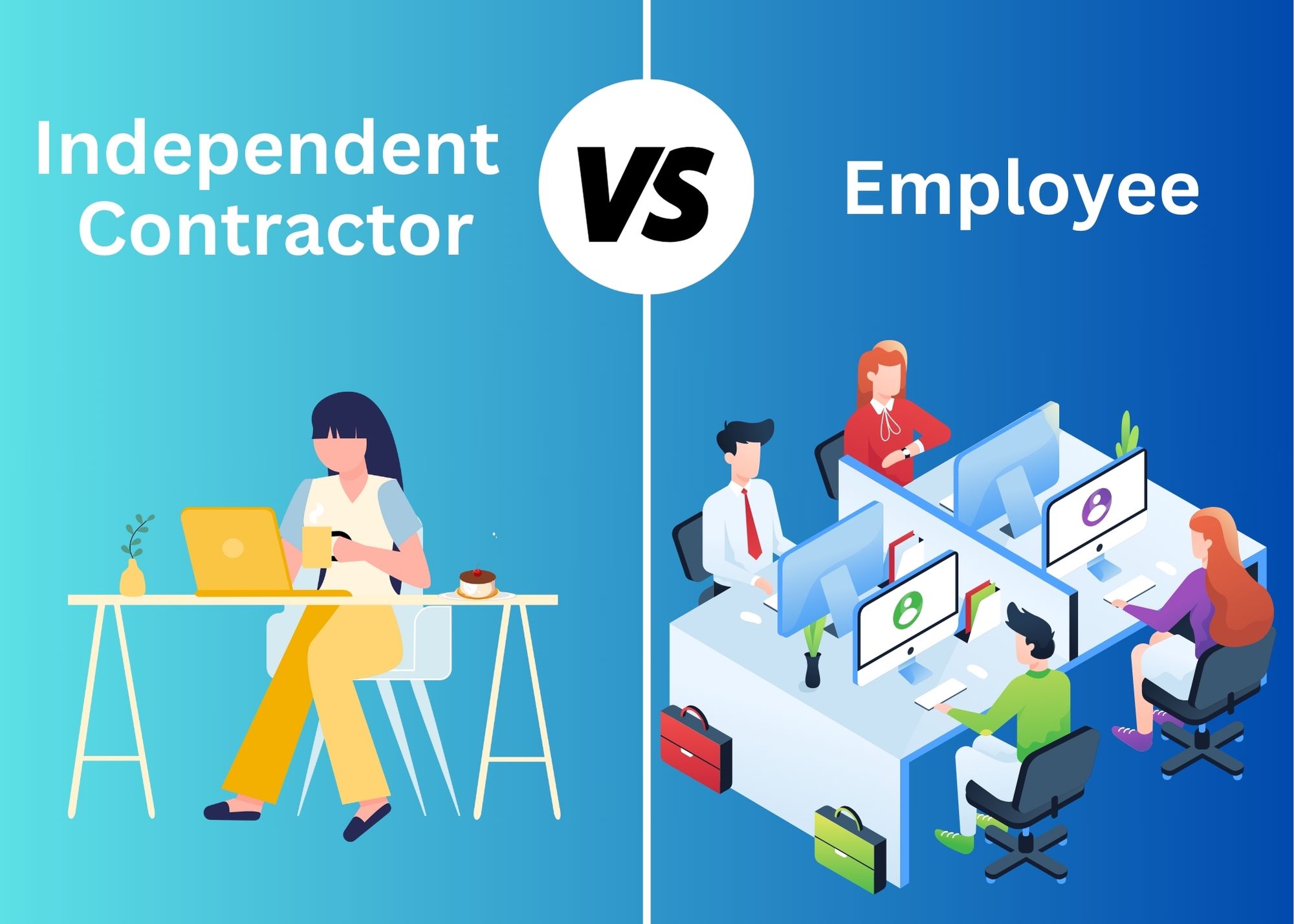
Few situations are as naturally adversarial as the termination of the independent contractor and employee relationships. As a general rule, federal and state law provide some basic parameters for unlawful termination for discriminatory purposes or other prohibited reasons, such as whistleblower or employee retaliatory protections. The company should refer to its Independent Contractor and Employment Agreements when terminating contracts.
When terminating an independent contractor relationship, it is imperative that the company meticulously adheres to the notice requirements stipulated in the negotiated Independent Contractor Agreement. Correspondingly, the company should send the termination letter via certified mail, with an explicit notation certifying the provision of proper notice in order to confirm proper compliance with any and all notice requirements. Moreover, it is crucial to reiterate the ongoing obligations of the independent contractor to the company post-termination. The company should exercise reasonable diligence to avoid legal disputes and ensure a seamless transition. As the independent contractor does not receive company benefits, there is no need to coordinate benefit availability. Still, the company should confirm that the remaining payments or monthly fees owed to the independent contractor are addressed and paid in a timely fashion.
Without a proper Independent Contractor Agreement, an aggrieved independent contract may claim that they have been misclassified and seek recovery as if they were an employee for the work they provided to the company. Failure to adequately abide by the terms of the Independent Contractor Agreement and to provide documentation of the independent contractor’s actual duties, activities, and performance may provide an unfortunate backstop for additional claims by an independent contractor.
On the other hand, in Texas, an employee can be terminated “at will” for any lawful reason unless an Employment Agreement has modified this relationship. Upon termination, an employee should be given a simple written notification that they are being terminated to prevent a later claim of benefits or unemployment. Additionally, the company must make the final wage payment within six calendar days of termination or on the next regularly scheduled payday if an employee resigns. Likewise, state and federal law require that the company provide notice of health insurance continuation under COBRA laws, which should be timely.
In either case, termination of an independent contractor or employee will require basic compliance with the terms of the underlying agreement (if any) and state and federal law. Document maintenance and retention by the company will provide the first line of defense for a claim of breach of contract or unlawful termination. At RR&A, we have a long history of successfully creating and implementing proper documentation drafting and company policies that will help not only prevent frivolous or avoidable claims but also mitigate conflict due to standardized procedural safeguards. Contact RR&A today to better protect your interests from issues arising from independent contractor or employee termination.
Disclaimer: The information and material on this website is general information about our practice and firm. This information does not offer specific legal advice and the use of this information does not create an attorney-client relationship with RR&A or any of its attorneys. The information on this website should not be used for legal advice, and persons should not act upon the information on this website without engaging professional legal counsel.
515 POST OAK BLVD. | SUITE 430 | HOUSTON, TX 77027 | 832-831-2289
524 E. LAMAR BLVD | SUITE 235 | ARLINGTON, TX 76011 | 682-318-3427
DISCLAIMER | PRIVACY POLICY | SITEMAP | COPYRIGHT © 2024
